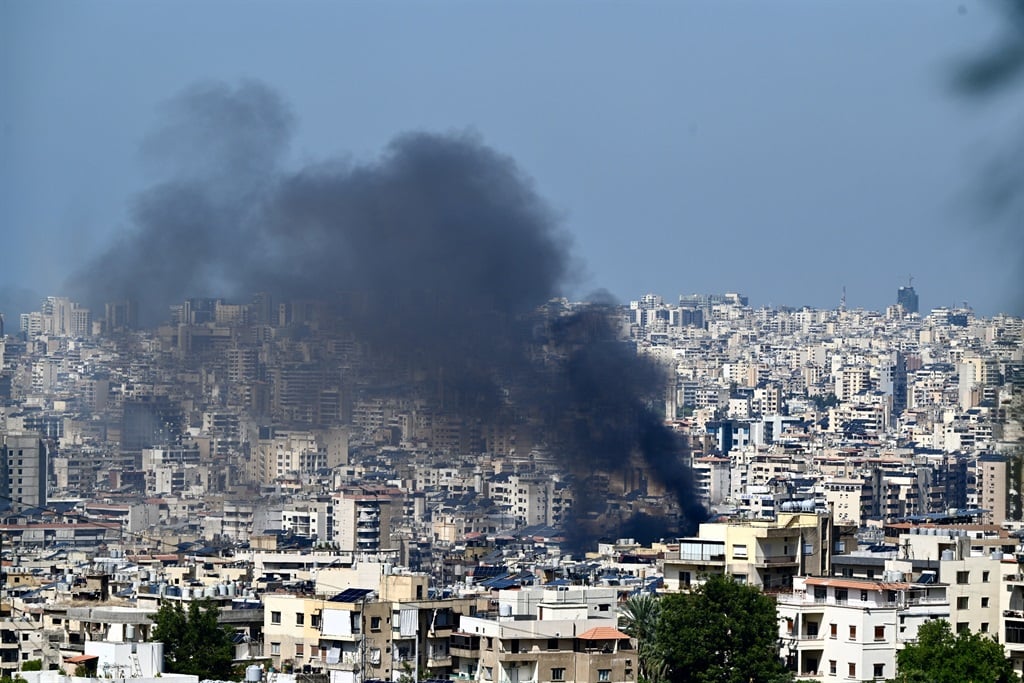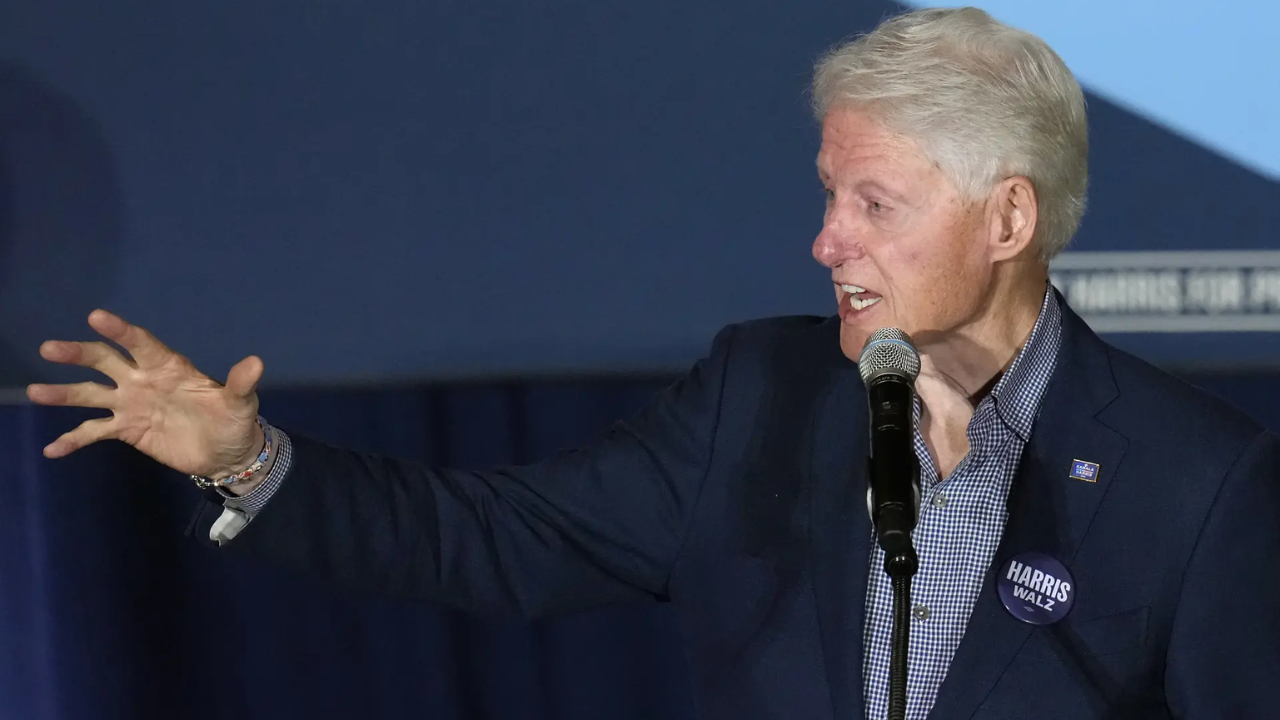ARTICLE AD BOX
Beirut - Palestinian Amal Shihabi was classified as one of the 8 most influential women in Palestinian society, according to the global website “Scoop”. She is also responsible for social work for the Palestinian National Liberation Movement ( Fatah ) in Lebanon , and responsible for the legal support unit for the Palestinian National Security Forces there.
Shehabi represents the steadfastness and strength of Palestinian women in refugee camps in the diaspora, where women face many challenges as a result of the difficult circumstances in which they live. It remains an essential pivot in preserving national identity and culture, in addition to its effective role in building society.
From captivity to excellence
Shehabi established kindergartens and organized projects to combat violence against women and empower women in work and public life.
She told Al Jazeera Net: “I was chosen as one of 8 influential Palestinian women in Palestinian society, according to the global website “Scoop.” I am a liberated prisoner. I was arrested in 1982 during the Israeli invasion of Lebanon, and I was released during the prisoner exchange process.
She added: "It was certainly a harsh experience, but I learned from it resilience and steadfastness, and it had a strong impact. Despite the pain and torment that Palestinian women suffer in captivity, they emerge strong, combative, and solid."
She continues: "This is what always prompted me to think about empowering Palestinian women inside the camps to establish their rights and participate in social and political work as partners in the struggle. I had many workshops on the importance of leadership and life skills in order to enhance women's capabilities."
Now, Shihabi has been responsible for the legal support unit of the Palestinian National Security Forces since 2014, and she is the first woman to hold this position. She says: "I am responsible for the unit that deals with the humanitarian standards that security personnel must adhere to and respect while performing their duties."
Shihabi explains: “This position may be unconventional and strange, and some may wonder how a woman can assume it and train members of the security forces and officers on how to perform their duties and maintain security and order inside the camps.”
It also runs the "Amal Center for the Elderly", in addition to providing psychological and health care for them, and works to document the memory stored in the elderly and ensure social and cultural communication between the Palestinian generations.
A dream come true
Amal is not the only one. Palestinian volunteer Zainab Jumaa became the president of the “Zaytouna Association for Social Development” in the “Mieh Mieh” refugee camp, after starting her career in social work at a young age.
She told Al Jazeera Net: “I was only 18 years old when I worked as a volunteer in social work, and when I turned 22, I founded the “Zaytouna School” Association, which was a small dream, but we succeeded in developing it. In 2013, I founded the “Zaytouna Association for Social Development” with the contribution of a group of "Young women and men. We are in a constant state of development."
Zainab adds: “Our idea in the beginning was for me to be a volunteer and help people in the local community, but our goals gradually developed. We now focus on supporting students academically and psychologically, working with women and youth in volunteering through the “Fasheh Khalq” program, and organizing educational events, such as Women's Day with the participation of nearly 200 women.
She concluded: "We believe in the importance of empowering women. When they take care of themselves and work to develop themselves, this has a positive impact on the family and society as a whole."
The story of the Palestinian activist Samira Salah is no different from her predecessors, and embodies patience in the face of challenges, as she lived through the golden period of the Palestinian cause from the era of the late Egyptian President Gamal Abdel Nasser to the days of the guerrilla struggle, when women participated in the strongest resistance operations in history.
Samira has a spirit of perseverance and faith in the cause, along with a sense of humor that reflects the bitterness of reality. She shares with Al Jazeera Net her childhood memories and tells the story of her father, who was a captain in Haifa and a fighter in the Salvation Army. She remembers difficult moments; Her father placed bullets around her body to avoid British inspection.
She was injured at the age of two years, and says: “Then my father was subjected to an assassination attempt. The bullet only hit my mouth and caused only a minor wound that I feel to this day.”
Heroics and sacrifices
The journeys of asylum and travel carry with them many heroics and sacrifices, and Samira remembers: “I moved between several stations from Haifa to Tiberias, then to Jordan and Damascus , before I joined the Arab Nationalist Movement, married Salah Salah, and lived in the Ain al-Hilweh camp in Lebanon.”
As events developed, she moved and worked in almost all the Palestinian camps in Lebanon, and became a member of the General Secretariat of the Palestinian Women’s Union, and the head of the women’s committees in the Popular Front for the Liberation of Palestine .
She also participated in numerous conferences and struggles to empower women and encourage them to engage in the social, economic, and political fields, and represented the Popular Front in several European countries.
Samira adds: “My role revolved around educating women and empowering them to lead work and belong to the homeland, in addition to participating in organized political work. My tasks included working at the Palestinian Research Center, and among our tasks was disseminating information issued by the enemy in Arabic to guide and educate people.”
She also took over the management of the Department of Refugee Affairs in Lebanon by the Palestine Liberation Organization , where her primary mission was to care for the Palestinian camps, and “during 21 years in this position, we succeeded in helping people through infrastructure projects and electrical projects, given the Lebanese state’s failure to provide sufficient assistance in "Camps."
As for Fadia Al-Kharbiti, or “Umm Bisan,” she is a Palestinian refugee from the village of Umm Al-Faraj in Akka , and resides in Burj Al-Barajneh camp in the Lebanese capital, Beirut. She spoke to Al-Jazeera Net about her strong affiliation to her homeland, Palestine , since her childhood, and how her personality was affected by the emergence of the Palestinian revolution.
She recalled memories of training with the cubs, where she learned how to defend herself, stressing the importance of that educational experience in her life.
Umm Bisan says: “I participated in the training and work experience in civil defense and ambulance services, and I learned how to provide primary care and assistance to the injured, and I participated in women’s work on the fire lines to support fighters.”
She adds: "I was directly involved in the events, including the bombing of the airport and other events that followed, and the Sabra and Shatila massacre , and we were treating fighters and wounded on the field."
She talked about the challenges she faced as a woman in the past decades, and said: “My challenges were like any woman’s. My family and society refused my participation in civil defense. Women were under certain pressures and faced difficulties in defining their role in society, especially during periods of bombing and occupation.”
Fadia concludes: “I was hit by a bullet in the hand while performing my duty in the Civil Defense, and this was another challenge, which made it difficult for me to participate in field activities, but with time I adapted to these challenges and integrated into society, and my strength, belonging, and ability to work outside the borders of the camp and society increased.”
.png)
 8 months ago
5
8 months ago
5









 English (US)
English (US)